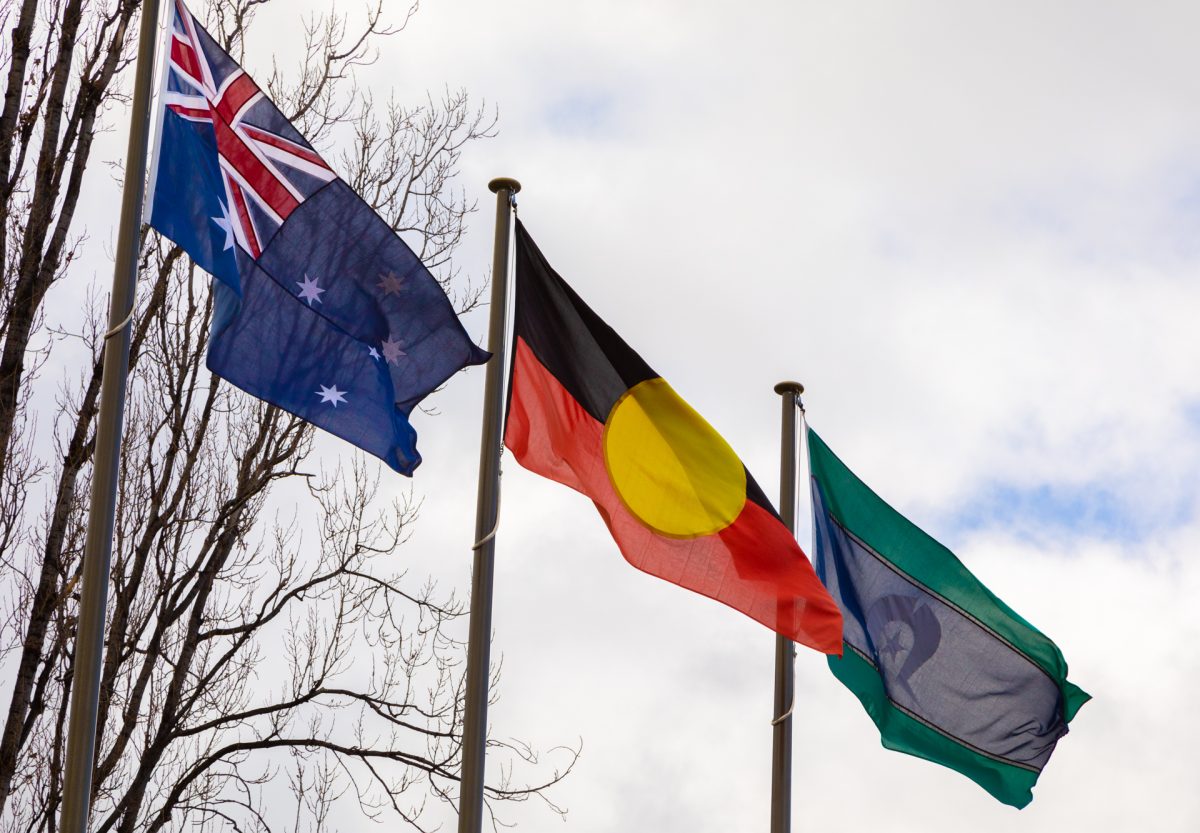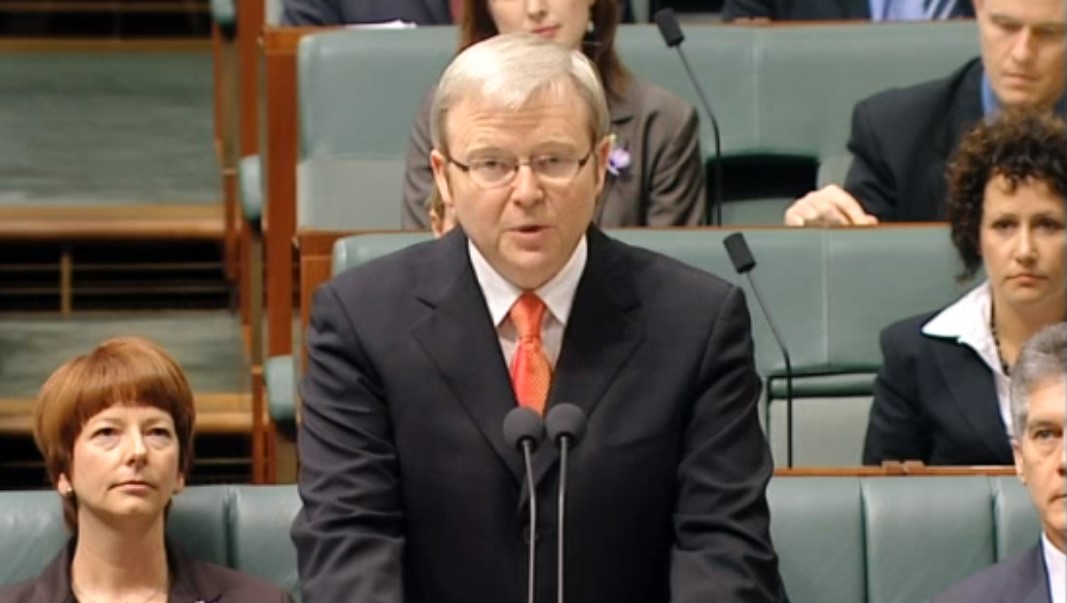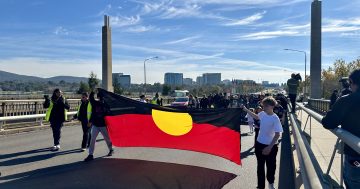
Hardly any of the Bringing Them Home report’s recommendations have been implemented. Photo: Michelle Kroll.
More than two decades after federal politicians stood up in parliament and cried over the heartbreaking stories in the Bringing Them Home report of the Stolen Generations, only a minuscule of its recommendations have been implemented.
Research undertaken by the University of Canberra shows that only 6 per cent of recommendations made to support Stolen Generations survivors and their families almost 28 years ago have been put in place.
The analysis has resulted in a report from the Healing Foundation recommending a package of urgent changes to enable remaining elderly survivors to live out their days with dignity.
‘Are you waiting for us to die?’, a discussion paper on the unfinished business of the Bringing Them Home report, was released on Wednesday (12 February) and includes commissioned analysis by researchers Professor Alison Gerard and Maureen Bates-McKay at the University of Canberra.
It modernises the Bringing Them Home recommendations and draws on insights from many years of consultation with survivors and Stolen Generations organisations on their needs and priorities.
“Whilst the Bringing Them Home report and the testimonies of the Stolen Generation survivors left an enormous legacy, progress against its recommendations has been woeful,” the researchers conclude.
“It is hard to conceive that gross human rights violations, documented and bravely retold by survivors in public forums, can be met with systematic inaction in so many areas.
“Yet that is the confronting reality that exists in Australia. Since the BTH report was tabled, both the removal of Aboriginal and Torres Strait Islander children into child protection systems and the mass incarceration of Indigenous peoples have increased dramatically.
“There is a collective approach needed to ensure the recommendations of the BTH report are fully implemented.
“Action from governments and those agencies and institutions responsible for delivering progress against the BTH report recommendations is urgent.
“We cannot wait another generation.”
The 680-page Bringing Them Home report was tabled in Federal Parliament on 26 May 1997 and marked a pivotal moment in what has come to be known as the Stolen Generations.
On 26 August 1999, then Liberal Prime Minister John Howard moved a Motion of Reconciliation, which included an expression of “deep and sincere regret that Indigenous Australians suffered injustices under the practices of past generations, and for the hurt and trauma that many Indigenous people continue to feel as a consequence of those practices”.
Opposition Leader at the time, Kim Beazley, unsuccessfully moved to replace Mr Howard’s motion of regret with an unreserved apology.

Kevin Rudd’s 2008 Apology to the Stolen Generations is one of the very few recommendations in the report that has been delivered. Image: Screenshot.
It would not be until 13 February 2008 that the newly elected Labor Prime Minister Kevin Rudd offered an apology on behalf of the government and the nation after the wording of the apology was decided in consultation with Indigenous leaders.
The current Leader of the Opposition Peter Dutton boycotted the apology and has since apologised for doing so.
That apology is one of the very recommendations from the Bringing Them Home report to have been implemented.
Now, on the eve of the apology’s 17th anniversary, the Healing Foundation’s chief executive officer, Shannan Dodson, has called for an “urgent response” from all sides of politics, all levels of government, police, churches and others.
“We have already lost too many survivors, even in the last few weeks,” Ms Dodson said.
“Immediate and prioritised action is needed to provide equitable redress for all survivors, rectify issues preventing survivors from accessing their own family records, offer ongoing support for Stolen Generations organisations and ensure there are culturally safe, trauma-informed aged care and health services for survivors.”
The Healing Foundation’s newly released report reveals that only five of the 83 Bringing Them Home report recommendations have been clearly implemented (6 per cent).
Forty-five of the recommendations (54 per cent) have failed to be implemented; 11 recommendations are categorised as a qualified pass; 10 are classified as a partial failure; and the status for 10 of the recommendations is unclear, and one is no longer applicable.
The new report makes 19 recommendations on reparations, rehabilitation and research, records, family tracing and reunions, acknowledgements and apologies, education and training, and monitoring and accountability.
Healing Foundation chair Steve Larkin said the new report offers practical policy solutions to some of the big challenges facing survivors and their families.
“Stolen Generations survivors have specific and complex ageing needs resulting from their forced removal and are more likely to fare worse than other older Indigenous people on a range of outcomes,” Professor Larkin said.
“They are the gap within the gap. Yet we know survivors are often not accessing necessary services due to fear of re-traumatisation.”
The Healing Foundation is a national Aboriginal and Torres Strait Islander organisation that partners with communities to address the ongoing trauma caused by the removal of children from their families.













